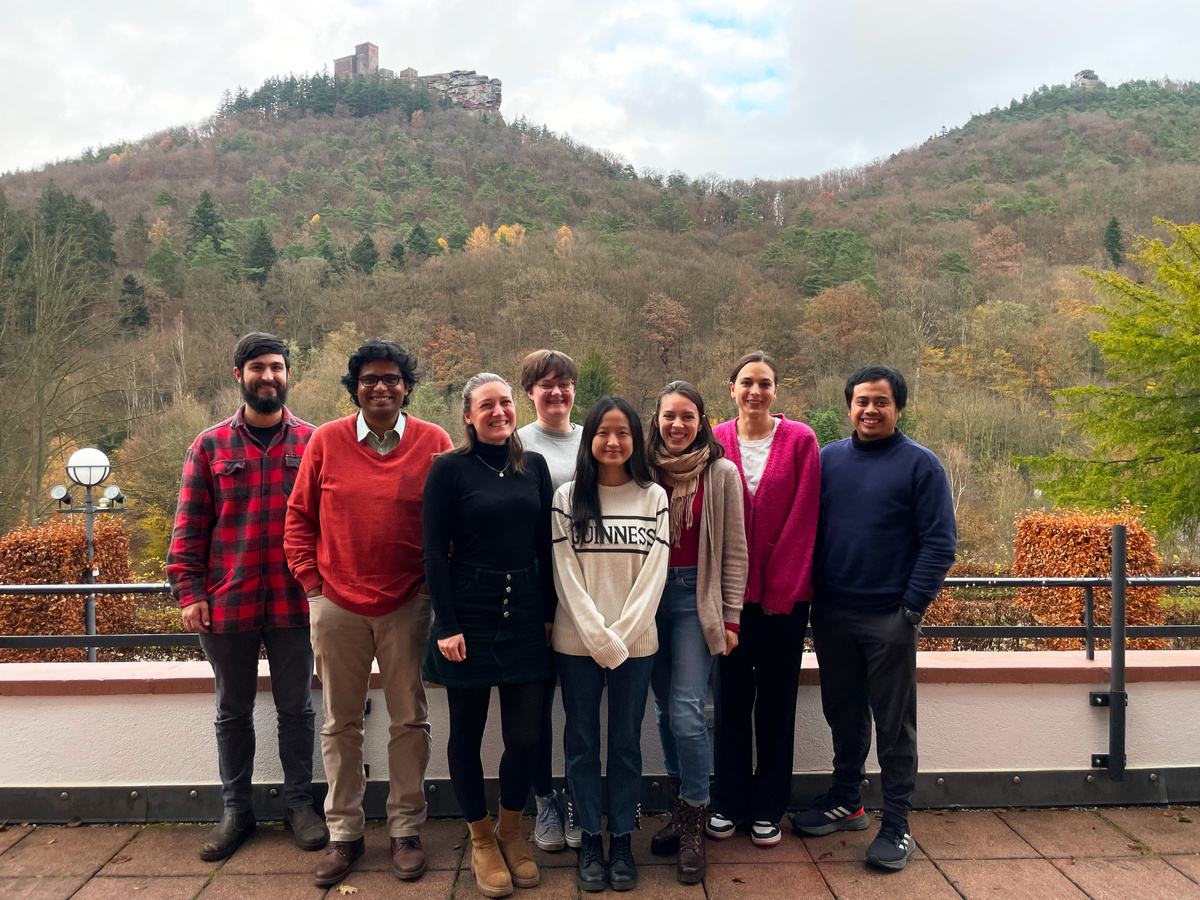Research group “Sylvanus – Increasing resilience and reducing trade-offs during urban and peri-urban forest transformations” (SYL)
Preserving urban and peri-urban forest cover while protecting and expanding healthy and sustainable green spaces in cities and their surroundings present significant challenges for our society. One key strategy for adaptation is to enhance social-ecological resilience to mitigate the impacts of climate change. As part of our research, we examine how social-ecological resilience can be increased by transforming existing urban areas into greener, more biodiverse, and inclusive living spaces for humans and other organisms, thereby improving overall well-being.
We emphasize that the transformation of urban and peri-urban forests is a socio-technical and social-ecological process and that stakeholders should be involved in their future design to ensure environmental and social justice throughout the transformation process.
Urban and peri-urban forests provide multiple ecosystem services, so enhancing their multifunctionality is crucial for sustainability and resilience. However, incompatible management goals for these forests can lead to significant tradeoffs. We seek to better understand the temporal and spatial patterns of these tradeoffs in urban and peri-urban forests through long-term ecological and social research combined with inter- and transdisciplinary methods. Our research methods include long-term ecological field monitoring, controlled biological laboratory observation, and a living-lab approach that involves stakeholders in co-creating solutions. We are also involved in regular teaching activities in urban ecology and the biology of city trees at the Karlsruhe Institute of Technology.
We address fundamental research questions to better understand the underlying processes (e.g., photosynthesis, resource use efficiency, heat-stress reduction by urban trees, biodiversity and well-being, biodiversity and ecosystem functions, etc.) and to create a basis for compromise during the transformation of urban and peri-urban forests.
Moreover, we aim to co-create solutions with city administrations, practitioners, and policymakers to reduce tradeoffs between management goals when transforming urban and peri-urban forests toward greater social-ecological resilience.
Urban Ecology and Biodiversity Lab at Sylvanus at ITAS
We investigate how changing the structure and composition of urban and peri-urban forests influences ecological processes and thus the supply of ecosystem services. At the same time, we aim to find out how climate change impacts these processes. Understanding ecological processes and their implications for the supply of ecosystem services is crucial for increasing the resilience of forests to the impacts of climate change and enabling sustainable management of urban and peri-urban forests. To this end, we have established a unique lab for urban ecology and biodiversity at ITAS. By using various instruments, a forest inventory or tree health assessments can be carried out under field conditions. Tree ring and fine-root analyses, climate monitoring, light availability assessments, and soil analyses are also possible. We also have devices for measuring ecological processes such as photosynthesis, gas exchanges in leaves, and soil respiration. The laboratory is located at the Botanical Garden of the Joseph Gottlieb Kölreuter Institute for Plant Sciences at the Karlsruhe Institute of Technology.
| Portrait | Title | Name | Phone | |
|---|---|---|---|---|
| Dr. rer. nat. | Saha, Somidh | +49 721 608-24644 | somidh saha ∂does-not-exist.kit edu |












